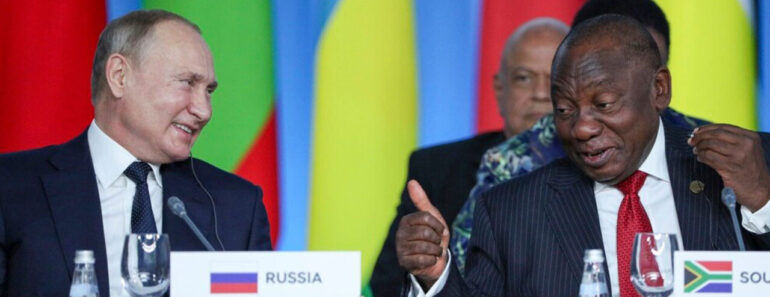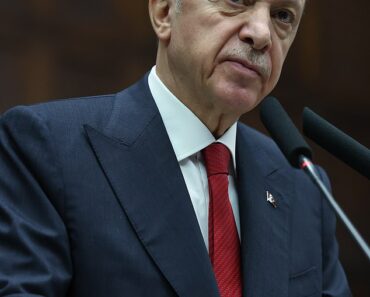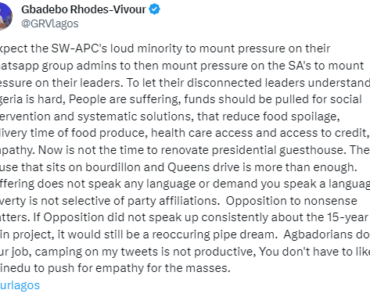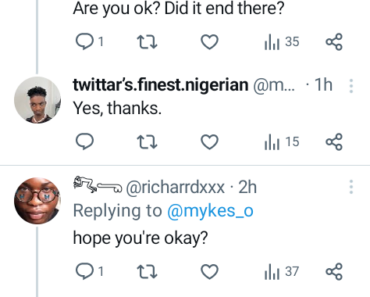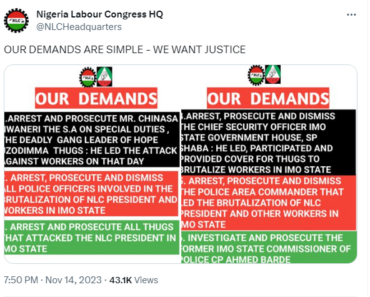[ad_1]
The BRICS summit (Brazil, Russia, India, China, South Africa), which is being held in Johannesburg, marked a major milestone in the history of this group on Thursday. From next January, six new members, including Iran, will join this alliance of emerging countries which is seeking to strengthen its global influence.
Iran, Argentina, Egypt, Ethiopia, Saudi Arabia and the United Arab Emirates will join founding members, giving the BRICS even greater reach and greater diversity. The date of entry into force of this membership is set for January 1, 2024, according to the announcement of South African President Cyril Ramaphosa, who expressed his satisfaction with this new step.
Read also: The Brics in search of expansion: Which countries will join the bloc?
Agreement on the principle of expansion
Preceding this expansion decision, existing BRICS members had already agreed to expand their circle. A document setting out guidelines, principles and procedures for reviewing countries wishing to join BRICS had been adopted. South African Foreign Minister Naledi Pandor welcomed this positive step.
More than forty countries had expressed interest in joining the BRICS, which testifies to the growing influence of emerging countries on the world stage. This expansion was at the heart of the discussions at the 15th BRICS summit, and the negotiations took place behind closed doors, on the sidelines of the plenary sessions.
Thoughtful strategic choice
The expansion of the BRICS involved careful negotiations. The choice of new members had been the result of a complex decision-making process, requiring the unanimity of existing members. China, as the group’s economic heavyweight, actively supported this expansion. India, on the other hand, had reservations due to regional competition concerns with China.
Indian Prime Minister Narendra Modi had stressed the need to reach consensus on the terms of expansion. The voice of each member being essential to validate a decision within the bloc, the search for this consensus had been a delicate process.
Strengthening the “Non-Aligned” alliance
The BRICS reaffirmed their “non-aligned” position at the summit, thus demonstrating their desire to remain independent in the global geopolitical context. This commitment has taken on particular importance in a context marked by tensions such as the conflict in Ukraine.
The United States has made it known that it does not see the BRICS as future “geopolitical rivals”. They expressed their intention to maintain strong relations with Brazil, India and South Africa.
→ READ ALSO: Khaby Lame makes 6 million views in one day with this video
→ READ ALSO: VIDEO: Yemi Alade narrowly escapes car crash
→ READ ALSO: “Your c*l…”: Diana Bouli at the center of criticism
[ad_2]
Mots clés: #Accession #Members #Including #African #Countries
→ READ ALSO : DATE Payment Threshold Google AdSense Payment Settings
→ READ ALSO : LADIES SEARCH
→ READ ALSO : Jonathan Morrison Launches Call For AFCON 2024 In Ivory Coast
Suivez tous les scores en direct ici !


